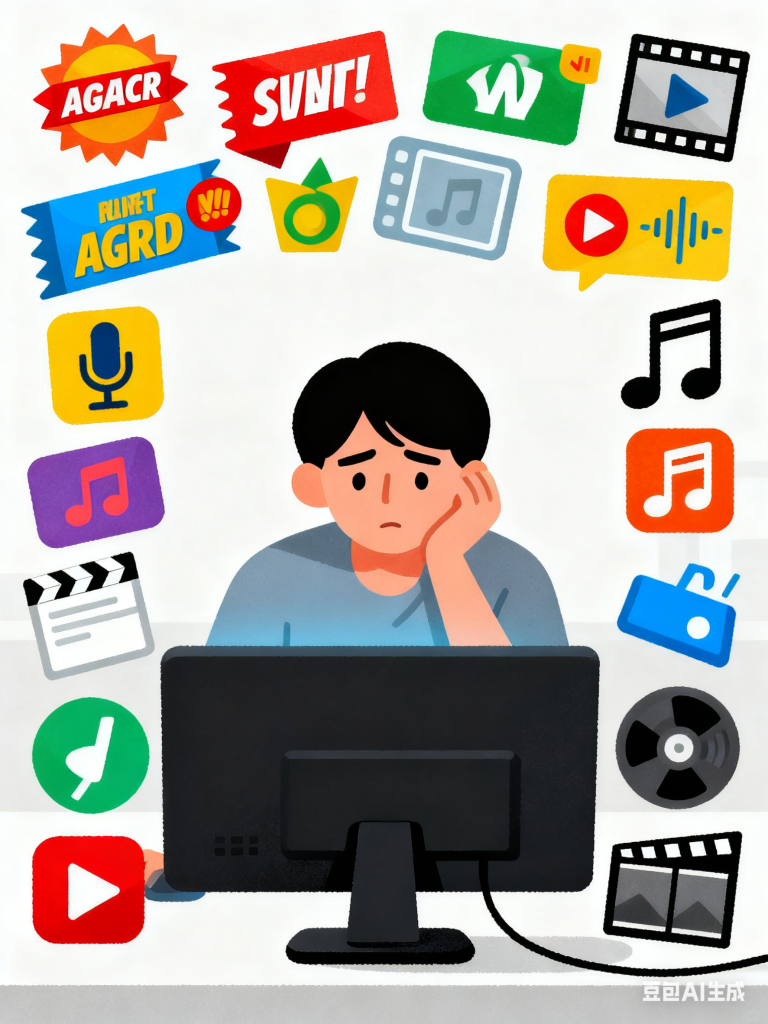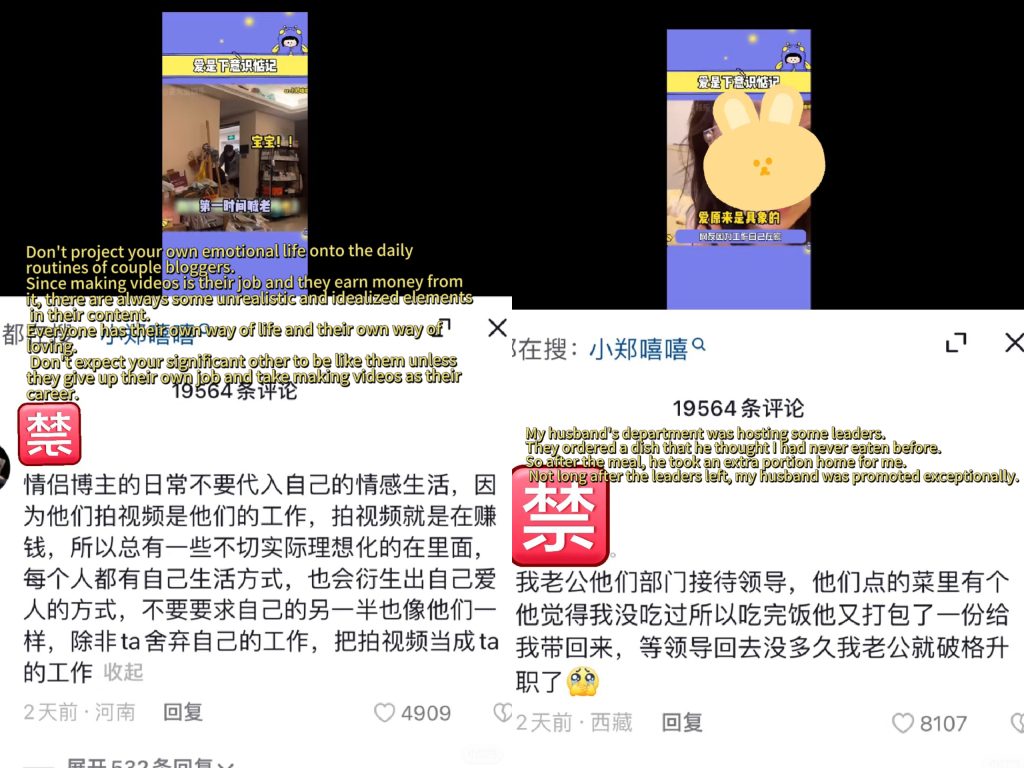
In the digital age, we interact with “culture” every day.From short videos to streaming media, from trendy aesthetics to social tags,culture not only shapes our tastes but also defines our “freedom”.
However, the concept of “culture industry” proposed by philosophers Theodor Adorno and Max Horkheimer in their book Dialectic of Enlightenment (1947) reveals a disturbing reality: We think we are making choices, but perhaps our choices have already been produced.
The Industrialization of Culture: From Art to Commodity
In today’s modern society, art has permeated our lives. Whether it’s movies, podcasts, pop music, or social media, more and more artistic works have been integrated into our daily lives, attracting the attention of audiences. It is precisely for this reason that the concept of “cultural industry” has emerged.
The essence of the culture industry is to transform art into reproducible and consumable commodities. Adorno and Horkheimer argued that modern cultural works have lost their individualized creativity and have instead been standardized in production and formulaic in dissemination. The narrative of films, the rhythm of music, and even the aesthetics of “popularity” have all been shaped invisibly by the logic of capital (Adorno & Horkheimer, 1947).
Just as they say, “Every product of the cultural industry is so similar that the only difference lies in the appearance.” Thus, cultural diversity becomes an illusion. Just like the popular “short drama” in China nowadays, despite their different story backgrounds and character personality settings, they all share the same narrative logic (such as rebirth and revenge, or the true and false heiress), and what the audience is choosing are merely different versions of the same model.
The Illusion of Freedom: Algorithms and Soft Control
Today, this “cultural industry” has become more complex. The content we browse every day seems to be determined by “personal interests”, but in fact, it is the platforms that “predict” what we might like based on data. Zuboff (2019) calls this ŌĆ£voluntary submission under surveillance capitalism,ŌĆØwhere users believe they are free, but their choices are pre-determined by data and design.We think weŌĆÖre making choices, but in many cases, the system has already made them for us. This is precisely why the phenomenon of “information cocoons” is becoming increasingly common in our lives nowadays.

Staying Awake Within the Illusion
Although Adorno criticized the culture industry, he also believed that people have the ability to “remain awake”. When we start to reflect, to pause and think, when we ask ourselves, “Why do I like this?” we are actually breaking the framework set by the culture industry for us. The cultural industry has long been integrated into our lives. It makes entertainment more accessible to us, but also unconsciously assimilates us. We don’t have to completely reject it; instead, we should embrace it, but learn to stay “awake”. We should dare to think, to question, to feel and to create our own cultural experiences.
References
Adorno, T. W., & Horkheimer, M. (1947). Dialectic of Enlightenment. Amsterdam: Querido Verlag.
Adorno, T. W. (1970). Aesthetic Theory. London: Routledge & Kegan Paul.
Benjamin, W. (1936). The Work of Art in the Age of Mechanical Reproduction. New York: Schocken Books.
Hesmondhalgh, D. (2013). The Cultural Industries (3rd ed.). London: SAGE Publications.
Zuboff, S. (2019). The Age of Surveillance Capitalism: The Fight for a Human Future at the New Frontier of Power. New York: PublicAffairs.
Note: The screenshots and short videos used in this podcast are collected from public online platforms for educational and analytical purposes only.


I really enjoyed your post you explained Adorno and HorkheimerŌĆÖs idea of the culture industry beautifully, especially the illusion of choice shaped by algorithms. It reminded me of how Lazarsfeld and KatzŌĆÖs Two-Step Flow Theory (1955) adds another layer to this: instead of direct media influence, weŌĆÖre shaped by opinion leaders todayŌĆÖs influencers who filter and personalise cultural messages.
This shows how our ŌĆ£freedomŌĆØ online is mediated not only by platforms but also by the humans within them, whose authenticity becomes another commodity. Your call to ŌĆ£stay awakeŌĆØ connects perfectly with Luk├ĪcsŌĆÖ idea of reification (1923) how awareness itself can resist the objectification of consciousness.
IŌĆÖm left wondering, as you hinted, whether any creator can truly escape the logic of the culture industry or if even resistance eventually becomes part of the system. A really thought-provoking read!
Your blog has a thorough interpretation of the theory of “cultural industry”. Combining the classical theories of Adorno and Hockheimer with contemporary phenomena such as algorithm recommendations and short videos, it clearly reveals that what we think of “free choice” may be an illusion of cultural industry and data system manufacturing. Use the examples of domestic skits and couple bloggers to make abstract theories down-to-earth. Finally, I call on everyone to keep a clear mind and not forget to make independent judgements when enjoying cultural products. It is a short article that combines academic depth and realistic insights well’╝ü
Your piece is really immersive and you’ve made Adorno’s “culture industry” very relatable. I often have the same feeling when I’m scrolling through short videos – thinking I’m picking randomly, but in fact, it’s all pre-arranged by algorithms for me. The “illusion of freedom” you mentioned is so true – we think we’re expressing our preferences, but we’re actually being pushed along. But I also agree with your point about “staying awake”. Just occasionally stopping to think “Why do I like this?” is already a form of resistance.